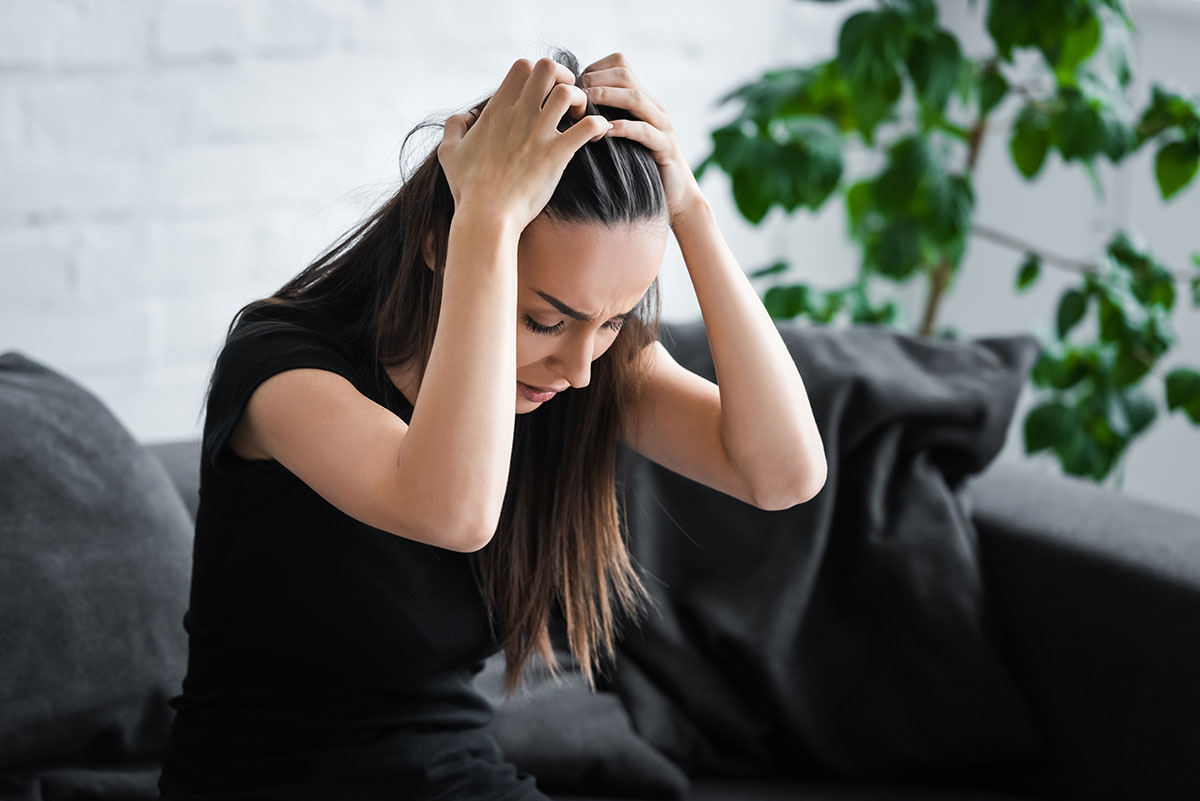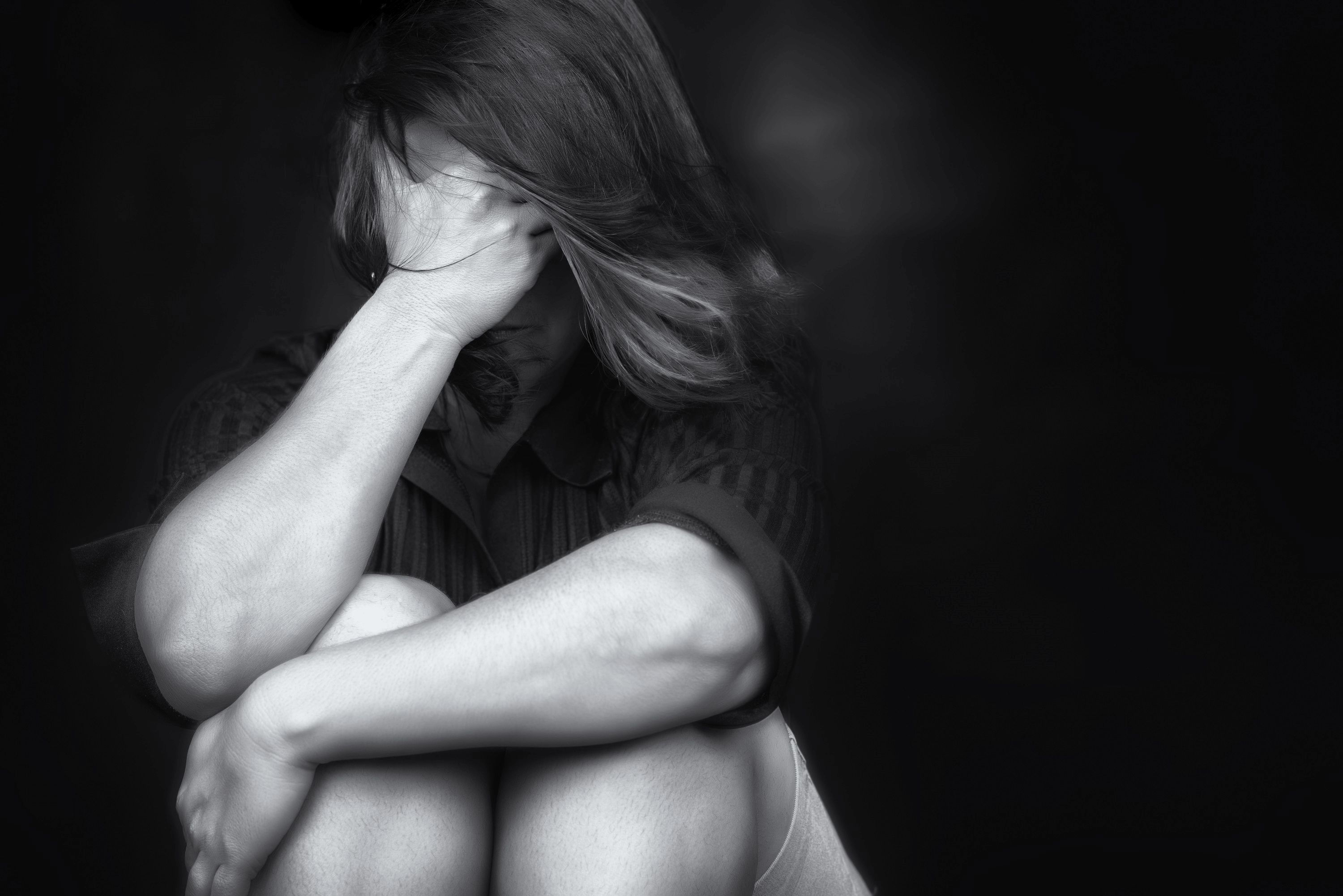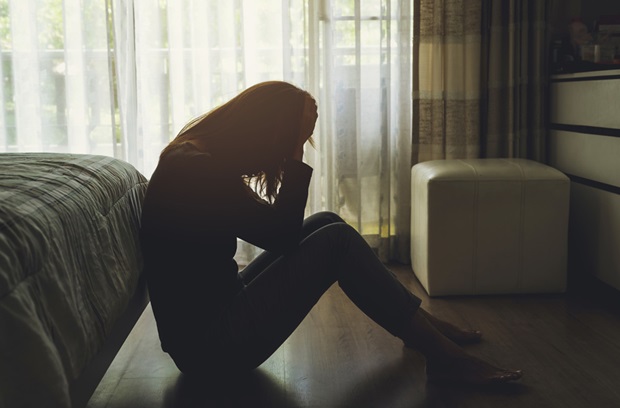Polycystic Ovarian Syndrome Symptoms and Treatment
A large body of information has been gathered with regards to PCOS. Herein, we learn how PCOS depression and anxiety affects mental and emotional wellbeing.

PCOS depression and anxiety
Depression and anxiety are common in women with PCOS. Over 30% of women have polycystic ovarian syndrome depression compared to 7% in the general population, and around 45% have anxiety, compared to only 18% of the general population. Thus, the incidence of these disorders is roughly 3-5 times higher than the general average.
It is seen that the longer it takes to diagnose PCOS, the higher the patient is depressed or anxious. PCOS depression and anxiety can impact on a woman with PCOS and her quality of life in several ways:
- Physically – by disruption of eating and sleeping pattern.
- Psychologically – by seditious feelings of worthlessness and demotivation
- Socially – by affecting relationships
In a nutshell, if you are suffering from PCOS and feel mentally down, it is not to be taken casually. You may be suffering from depression, which is associated with PCOS and need immediate help from your doctor and well-wishers.
Women with PCOS can suffer from different kinds of depression. The top three are:
Types of Polycystic ovarian syndrome depression:
- Seasonal affective disorder
- Dysthymia
- Major depressive disorder
Seasonal affective disorder is a strain of depression that occurs during winter or even monsoons with a decrease in sunlight and causes periodic depression. Dysthymia is a chronic type of depression that can last for months and can occur alongside other forms of depression. Lastly, major depressive disorder lasts typically for weeks causing individuals to have a difficult time functioning. This issue can occur as both a one-time problem and a recurring illness.

Symptoms of Polycystic Ovarian Syndrome Depression
The majority of us can identify depression through the hallmark signs – sudden sadness and hopelessness or lowered energy levels. But what when you get physical pains or have excessive mood swings for no reason. Some women are reluctant to take these symptoms seriously and ignore them. However, ignoring these symptoms isn’t the way out; treating them is your only way! Here are a few signs which the women can be vigilant about.
- Increased sensitivity to physical pain
- Easily losing temper
- Anxiety
- Panic attacks
- Difficulty in concentration
- Excessive alcohol consumption
- Neglecting physical wellbeing and appearance
- Fatigue
- Lack of motivation
- Mood swings
- Chronic stress
- Fear of social situations
Polycystic ovarian syndrome symptoms and treatment
Scientists have provided proof that PCOS symptoms, including excess hair growth, hair loss, acne, weight changes, and fertility problems, can also have a negative impact on mood, psyche, self-confidence, and overall mental wellbeing.
These conditions can negatively impact the quality of life, causing stress. Stress occurs when you feel threatened or feel you cannot cope with a situation.
We have already seen earlier how PCOS can affect overall health and mental wellbeing, and its associations with anxiety and depression, with magnitude, depending upon how long you have been suffering from this illness. You may lose confidence, sense of empowerment, or prolonged depression characterized by low mood, or overly anxious about even the most trivial situation. This is the time when you should seek help and let your feelings come out by visiting your doctor, wherein the doctor can recommend you to a counselor or psychiatrist depending upon the intensity of these events as perceived by the doctor. Also, it is important to seek out and take help from close friends and family, as curbing these feelings can further aggravate, which can end in self-harm and suicidal thoughts.






